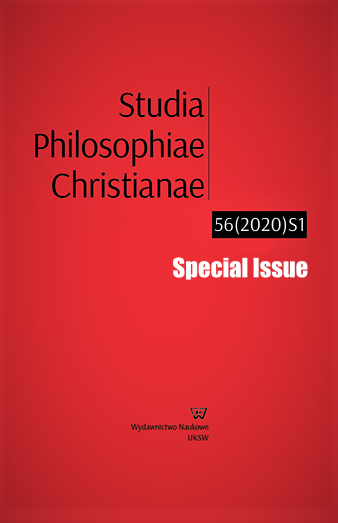TOUCHINESS AND CRITICISM. ON THE ROLE OF PHILOSOPHICAL CRITICISM IN CULTURE AND EDUCATION
TOUCHINESS AND CRITICISM. ON THE ROLE OF PHILOSOPHICAL CRITICISM IN CULTURE AND EDUCATION
Author(s): Robert PiłatSubject(s): Sociology of Culture, Philosophy of Education
Published by: Wydawnictwo Naukowe Uniwersytetu Kardynała Stefana Wyszyńskiego w Warszawie
Keywords: criticism; values; modern subject; irony; touchiness; education;
Summary/Abstract: In this article, I am discussing the social phenomenon of touchiness (excessive sensitivity to differences of opinion and lifestyle) as a result of the polarization of discourse in contemporary Western culture. This polarization and the resulting touchiness are partly an effect of media, but the later also reflects structural problems of cultures and social practices. The problems arise from the dense network of potentially conflicting values. I am discussing some diagnoses of this phenomenon and some purported philosophical remedies including departure from the language of values and abandoning the idea of a strong subject of action and beliefs. I am criticizing these solutions and I am proposing the idea of radical criticism instead. I am presenting the idea about established theories of philosophical criticism, including those by Horkheimer, Spaemann, Habermas. I am also presenting a practical application of the idea of radical criticism in education: promoting philosophical inquiry in the classroom.
Journal: Studia Philosophiae Christianae
- Issue Year: 56/2020
- Issue No: S1
- Page Range: 189-210
- Page Count: 22
- Language: English

